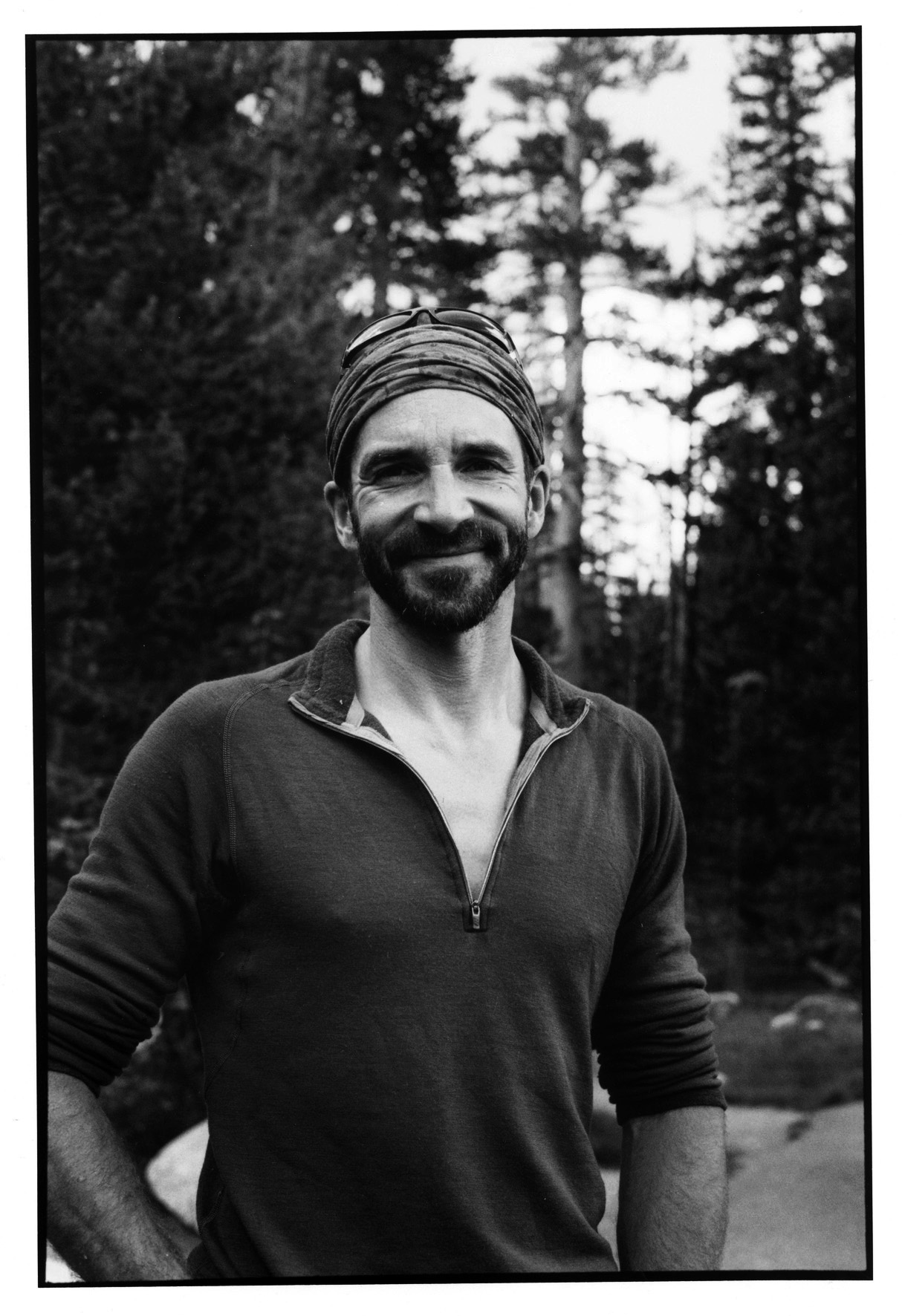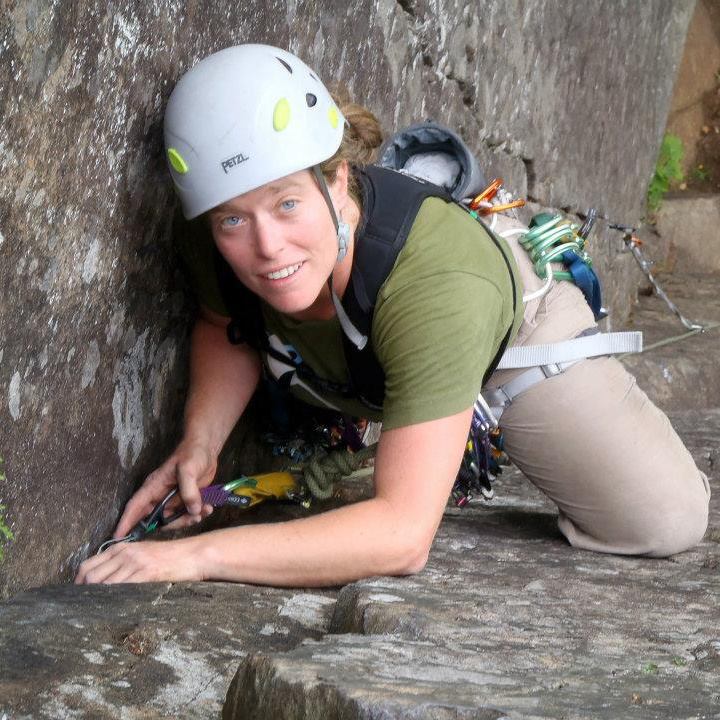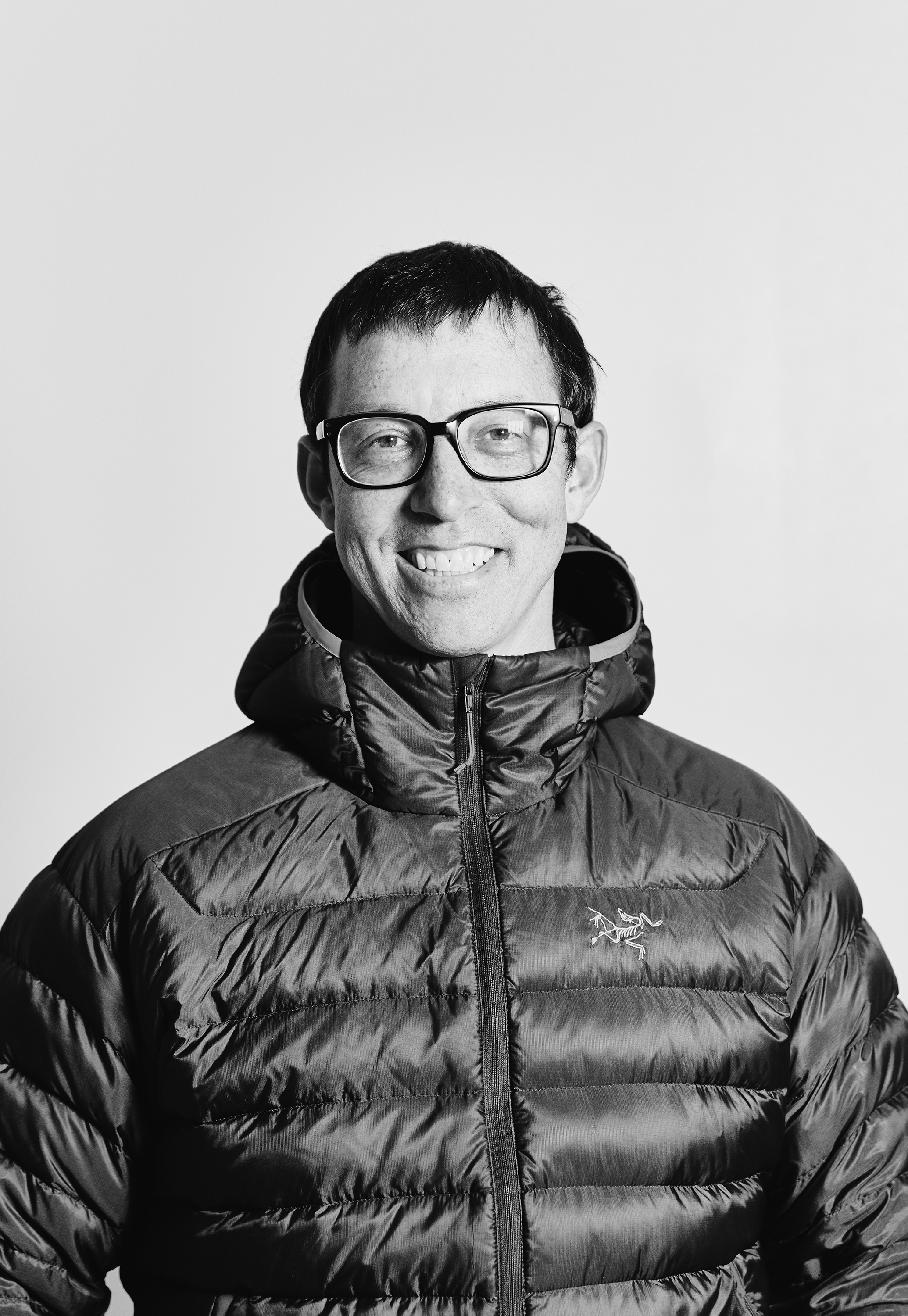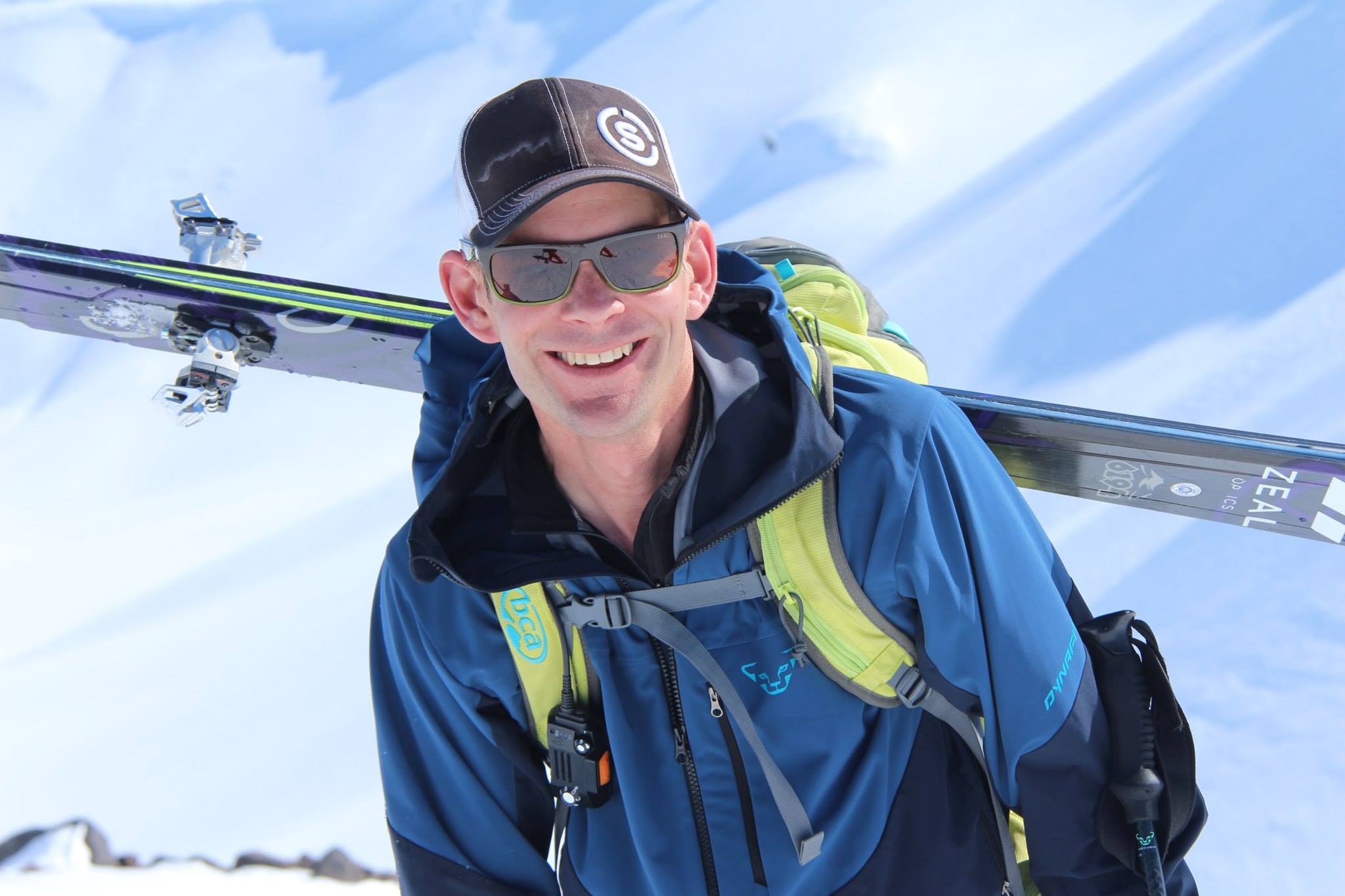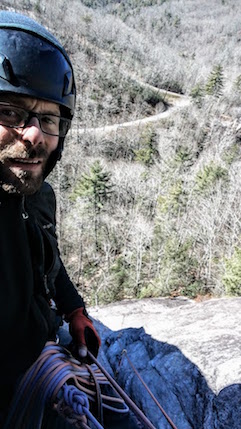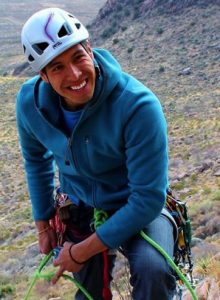SPI Course Expectations: For the Prospective Student
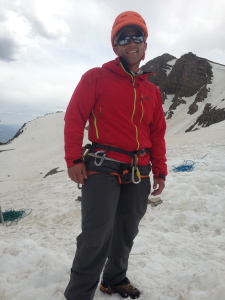 By Matt Shove, Apprentice Alpine Guide, Certified SPI and Rock Instructor
By Matt Shove, Apprentice Alpine Guide, Certified SPI and Rock Instructor
I often feel very fortunate to be able to talk to almost every Single Pitch Instructor (SPI) Course or Assessment candidate over the telephone. Some call it screening, others an interview, but for me, I call it full disclosure.
I like it when every prospective SPI program participant knows fully what he or she is enrolling in. Many have a good idea already, but often ask about the day-to-day curriculum, or time frames, or what they really need to bring, etc. One thing I try hard to do is explain each detail so that everyone is fully prepared and understands that this program is not a climbing skills course, but a climbing instructor skills course. This concept is important. I have had a number of prospective candidates decide that what they really needed was a multi-day skills program, not an instructor-training program.
Why or how come? Recreational climbers require basic skills to go climbing with their friends, partners, etc. Specific things like releasable rappel systems, instructor tether lines, and 3-in-1 Anchor Systems will have little meaning to the recreational climber. In fact, these components that instructors use daily would be difficult comprehend for many climbers. Recreational climbers might simply ask why go to all the trouble?
My discussions with a SPI candidate often reflect my own experiences as a provider. Watching successful candidates grow during their programs has been a strong clue. Often, it is the small things that make a good climbing instructor a great one. It begins with a genuine interest in teaching rock climbing to beginners and intermediate level climbers. This is really important. Teaching climbers skills is what often separates us as instructors from being guides in a sense. Although guides need to teach skills to clients to obtain objectives, the goal is often to obtain a summit, climb a route, etc. The guest/client will often have some prerequisite skills that allow them to attempt the objective with a reasonable margin of security and probability of success. A good instructor can shape a climbers career with important knowledge and skills to prepare them for objectives. Often, we will simply provide a climbing experience to a guest at the crag. We have the opportunity to forge their future goals.
As a SPI course candidate, one can expect to teach a number of lessons during the course and assessment phase—you won’t have that opportunity in the Rock Guide Course. These lessons are designed to be relevant topics such as: How to tie a figure eight follow through knot, how to put on a harness, how to belay and rappel, how to fit a helmet, climbing movement (techniques to move/climb efficiently), Leave No Trace Outdoor Ethics (and how they relate to climbers), Guidebook/topo interpretation, how artificial protection works and is removed, and how to belay a lead climber. The list goes on and on, but this sample is what many working Certified Single Pitch Instructors teach daily. These courses provide an opportunity for a prospective candidate to teach a lesson(s) on many different learning styles in front of their peers, and the instructor. These learning styles can best be represented as Theoretical Learners, Visual Learners, Kinesthetic Learners, among others. Teaching these lessons can provide valuable feedback for rewriting lesson plans and making adjustments to progressions for the next time around. I often hear the candidates remark that the climbing and anchor skills are the easy part, but that the teaching is the difficult part.
To enter, one must have an expert level recreational skill set. The listed prerequisites are absolute minimums, and the majority of participants will greatly exceed them. This means you must have a sound working knowledge of many knots, hitches, and bends. Knowing and understanding the mechanics of anchors—natural and artificial—and their limitations. Knowledge and experience with belaying and rappelling is important; the base line skills you bring, combined with the instructors’ tools protect us and the guest with a greater margin. Being able to efficiently access anchors, build them with sufficient strength, and then get the guest climbing with the right amount of training is important. This course looks with a critical eye, at the systems mountain professionals utilize, and then has time for structured practice to develop anecdotal, theoretical and kinesthetic awareness of the these skills.
The SPI Assessment phase is a two-day process that examines the SPI skills in the field with day 2 often involving guest clients coming along to learn skills from the aspiring instructors being examined. The assessment candidates provide structure for the days’ outing, teach lessons, coach movement, provide technical training, manage multiple top ropes at once, and sometimes much more. Assessment candidates are basically in charge of the outing with the SPI Provider supervising the event. This is often a fantastic day where students see the fruits of their labor. They also see the shortcomings of their lessons. I have seen guests struggle with basic skills until they are frustrated. Often at this point, the SPI candidate will recognize this, reassess, and adapt. These are powerful moments for the SPI candidate.
This experience is followed up with a debrief to bring closure to the assessment and provide a checklist of what to do next. I often remark that the Certification is the beginning, not the end.
As a Single Pitch Instructor, one can expect to begin developing relationships with guests and students; essentially, working with people in the experiential environment requires one to interact effectively. We can have the ability to put new climbers’ anxieties at ease. We can use our talents as instructors to increase the speed and efficiency at which a climber comprehends and applies skills. We can help students see how to reach their movement potential sooner. We can help pick the most appropriate terrain for these students to learn these skills. Since we are experiential educators, we demonstrate, coach, provide structured practice, and help to reflect as a way to achieve comprehension. We can select the best options for their next trip or session to provide a structured progression to build skills and experiences.
Other interesting things to note are that nearly 50% of Rock Guide Course participants have completed the SPI Course. This tells us that the program is growing, and an individual’s instructor skill set is being built upon. It also tells us that we are truly growing a professional group of American climbing instructors. These instructors are seeking out training to improve not only their skills, but providing more valuable experiences to their clients.
The AMGA SPI program is an exceptional program, and it provides a great building block to continuing education.
Matt Shove owns and operates Ragged Mountain Guides. He is based in Connecticut and works daily throughout the greater north east. For more info, visit www.raggedmountainguides.com.


